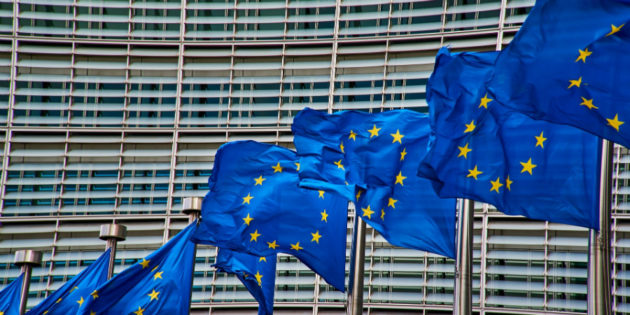The European Union is preparing for a “battle” over what the 12th package of sanctions on Russia over the conflict in Ukraine should include, at the same time that the G7 is moving forward with a plan to ban the purchase of diamonds from Moscow. .
The new measures, which could be introduced next October, are expected to include an EU version of the looming G7 ban and are likely to be a proposal to use profits generated from assets frozen at the Russian central bank to help Kiev.
However, a group of member states, including Poland and the Baltic states, intend to go further, Bloomberg confirmed on Monday: The group intends to impose additional sanctions on liquefied natural gas and IT services. There are also calls for restrictions on the Russian nuclear sector: but there are many member states that oppose this. There are those who argue that there is little left to impose sanctions, and favor measures that allow current restrictions to be effectively enforced.
Poland wants to tighten sanctions on some goods adopted in previous packages: its proposals include reducing import quotas on synthetic rubber, making restrictions on steel more effective and imposing a ban on solid caustic soda. Warsaw is also seeking to impose a new package of sanctions on Belarus.
The diamond issue is expected to be controversial and has faced resistance from major importing countries, such as Belgium, which have claimed that a simple ban without a global agreement would only shift the lucrative trade to other locations. The G7 intends to impose mechanisms to track gemstones across borders, as well as impose a direct ban on purchases as of January 1.
The new package could appear within the first two weeks of October – and could possibly be announced during an EU-US summit scheduled for next month, although a date has not yet been announced. Any new package must also include measures to eliminate Russia’s ability to circumvent EU sanctions through third countries such as the United Arab Emirates and Turkey.
The European Commission will put forward proposals in the coming weeks to impose an extraordinary tax on frozen profits from the assets of the Russian Central Bank, despite opposition from the European Central Bank: European Commission President Ursula von der Leyen will push for an extraordinary tax but member states have expressed concerns regarding legal stability. Al-Mali: There are about 200 billion euros of frozen assets, which led some European leaders to demand that they be allocated for the reconstruction of Ukraine.

“Hardcore alcohol maven. Hipster-friendly analyst. Introvert. Devoted social media advocate.”

